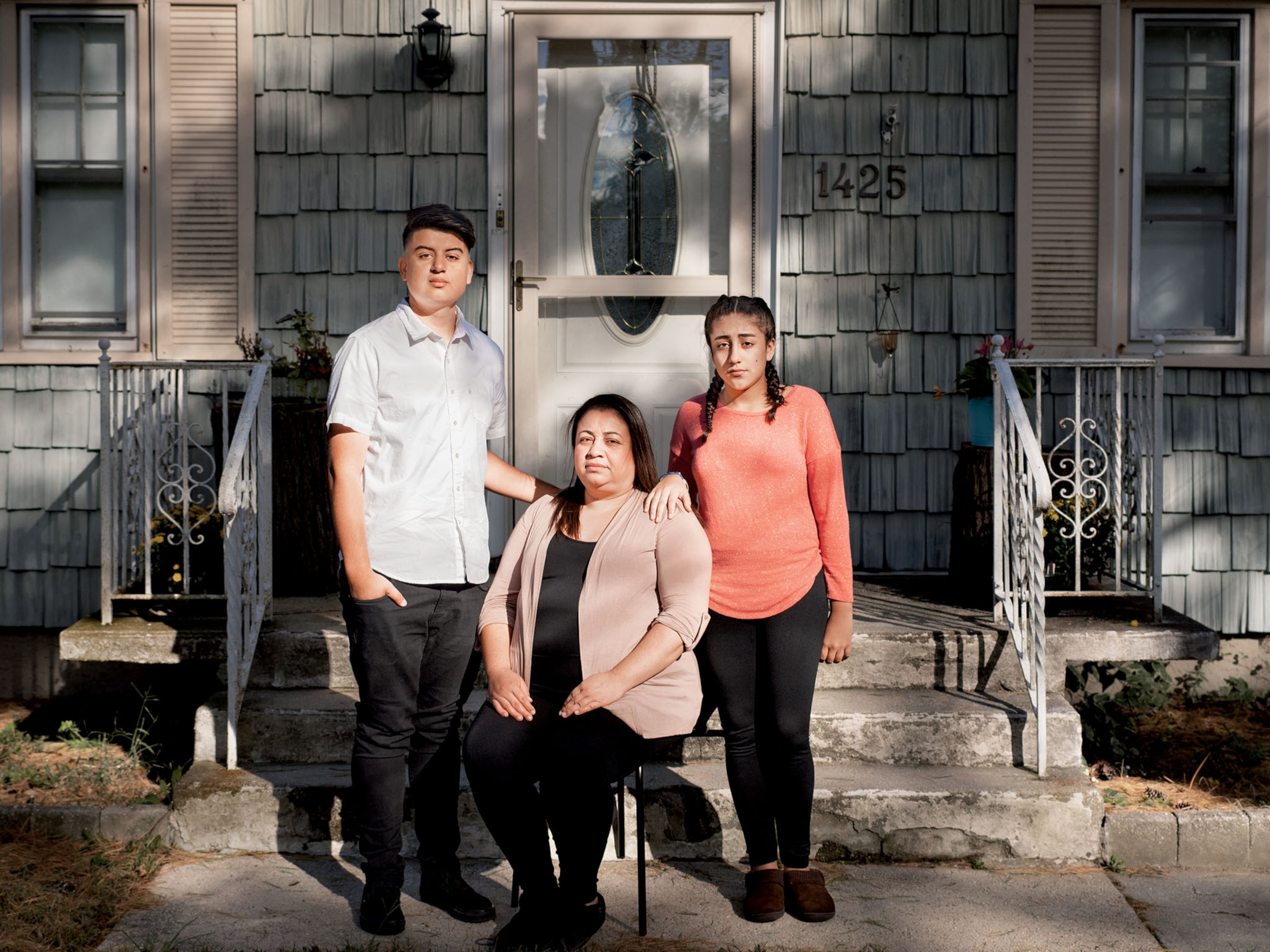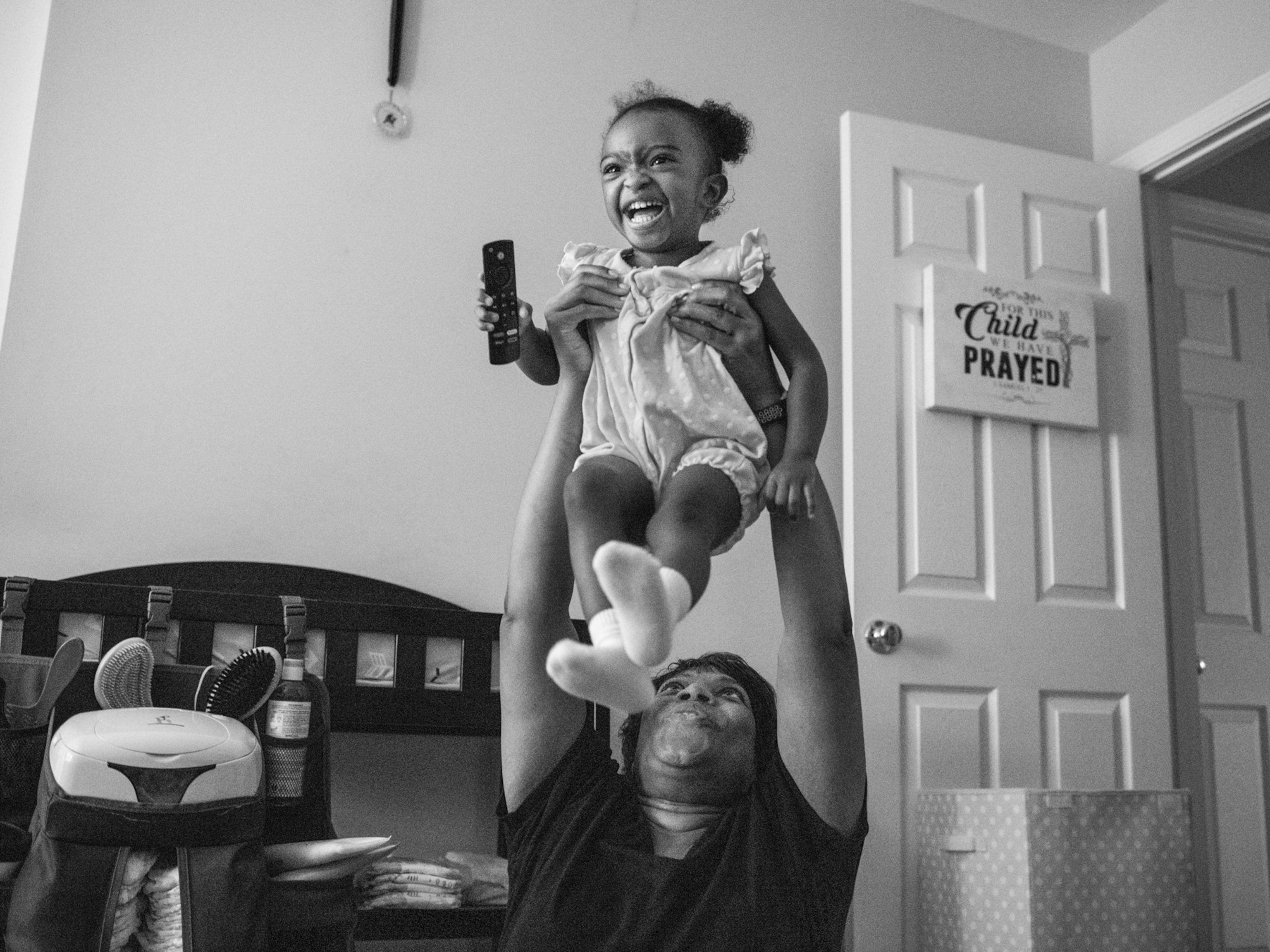




How Indian Americans Came to Run Half of All U.S. Motels
Starting in the 1940s, Indian immigrants built a hospitality industry that their children and grandchildren have turned into an empire.
As a new immigrant to the United States in the early 1970s, Jayantibhai Patel slept very little. By day he held down a job at a bank in San Francisco. By night he toiled in the city’s run-down Tenderloin district at the Vincent Hotel, a property he had acquired not long after moving to the country. Patel’s sleepless nights paid off. By the 1980s he and his two sons were running several motels and hotels in California, and now, four years after Patel’s death, his granddaughters are taking the family business forward. (Read more about the South Asian American experience here.)

The success of Patel and his family mirrors the rise of Indian Americans in the U.S. motel industry. About half the country’s motels are now owned by Indian Americans. A majority of these owners are from Gujarat state’s industrious Patel community, leading them to be jokingly referred to as the Patel Motel Cartel. Growing up in motels run by their immigrant parents, many second- and third-generation Gujaratis in the United States imbibed an entrepreneurial spirit and ethic of hard work, which they are applying to modernizing the businesses they inherited and launching new businesses of their own.
“The way that my uncle and father worked was very mom-and-pop style,” says Katki Patel, one of Jayantibhai Patel’s granddaughters who is director of finance at the family’s San Jose–based Lotus Management. Starting in 2006, Katki’s older sister, Pratima, centralized the accounting processes for the company, allowing lenders and investors to easily assess the financial health of the properties managed by it. “Without this, it would have been impossible to grow the business,” Katki says. A certified financial planner by training, Katki got a real estate license so that she could broker deals on behalf of the company. Her younger sister, Sita, is in charge of developing new hotels. The company currently owns 12 properties and plans to open three new ones by the end of the year.

The first Gujarati hotelier in the United States was a man named Kanji Manchhu Desai, who joined two Gujarati farmworkers in California in 1942 to take over a 32-room hotel in Sacramento, California, after the property’s Japanese-American owner was forced to report to a World War II internment camp. According to Mahendra Doshi, a California-based historian who is working on a book about early Gujarati hoteliers in the United States, Desai moved in 1947 to the Hotel Goldfield in San Francisco, whose doors were always open to new immigrants from Gujarat. He encouraged them to enter the hospitality business: “If you are a Patel, lease a hotel.”
Many followed his advice. “They would give each other handshake loans—no collateral, no payment schedule, just pay when you can,” Doshi explains. Once a family purchased a motel, they would live there, and the family members would do all the tasks needed to run it, from cleaning rooms to checking in guests. That helped keep costs down, and profits went toward acquiring new motels. By the 1980s Gujaratis had come to dominate the industry.

For many second-generation Gujaratis who were raised in a motel run by their parents, life was hard. Manoj Pandoria, a cheerful 47-year-old man with bright eyes, grew up at the Holiday Motel in Rocky Mount, North Carolina, which his parents took over in 1981, shortly after his family moved to the United States. Set on three acres in the middle of pine forests and cornfields, the 23-room property was a lonely place to live as a child. “My weekends were spent cleaning rooms with my parents,” Pandoria says.

No boundary existed between work and life. “Any time that someone wanted a room or wanted to buy a snack or needed toilet paper, or anything, they would come to the office,” he recalls, “and we would have to stop whatever we were doing and serve that client.” The only playmates Pandoria and his siblings had were some kids who lived in a trailer on the other side of the highway. That’s why they loved the summers, when the motel’s swimming pool would attract kids from the neighboring areas.
After college, Pandoria worked at IBM and at a hotel before starting a chain of beauty spas. (His parents sold the motel to a Patel family.) Looking back, he says he owes his entrepreneurial drive to his growing-up years. “I saw my dad working in the middle of the night,” he says. His mother had to straighten up rooms every morning without fail, no matter how tired she was. To succeed requires diligence, he says: “Hard work is not an option.”
Related Topics
You May Also Like
Go Further
Animals
- Octopuses have a lot of secrets. Can you guess 8 of them?
- Animals
- Feature
Octopuses have a lot of secrets. Can you guess 8 of them? - This biologist and her rescue dog help protect bears in the AndesThis biologist and her rescue dog help protect bears in the Andes
- An octopus invited this writer into her tank—and her secret worldAn octopus invited this writer into her tank—and her secret world
- Peace-loving bonobos are more aggressive than we thoughtPeace-loving bonobos are more aggressive than we thought
Environment
- Listen to 30 years of climate change transformed into haunting musicListen to 30 years of climate change transformed into haunting music
- This ancient society tried to stop El Niño—with child sacrificeThis ancient society tried to stop El Niño—with child sacrifice
- U.S. plans to clean its drinking water. What does that mean?U.S. plans to clean its drinking water. What does that mean?
- Food systems: supporting the triangle of food security, Video Story
- Paid Content
Food systems: supporting the triangle of food security - Will we ever solve the mystery of the Mima mounds?Will we ever solve the mystery of the Mima mounds?
History & Culture
- Strange clues in a Maya temple reveal a fiery political dramaStrange clues in a Maya temple reveal a fiery political drama
- How technology is revealing secrets in these ancient scrollsHow technology is revealing secrets in these ancient scrolls
- Pilgrimages aren’t just spiritual anymore. They’re a workout.Pilgrimages aren’t just spiritual anymore. They’re a workout.
- This ancient society tried to stop El Niño—with child sacrificeThis ancient society tried to stop El Niño—with child sacrifice
- This ancient cure was just revived in a lab. Does it work?This ancient cure was just revived in a lab. Does it work?
Science
- The unexpected health benefits of Ozempic and MounjaroThe unexpected health benefits of Ozempic and Mounjaro
- Do you have an inner monologue? Here’s what it reveals about you.Do you have an inner monologue? Here’s what it reveals about you.
- Jupiter’s volcanic moon Io has been erupting for billions of yearsJupiter’s volcanic moon Io has been erupting for billions of years
- This 80-foot-long sea monster was the killer whale of its timeThis 80-foot-long sea monster was the killer whale of its time
Travel
- This town is the Alps' first European Capital of CultureThis town is the Alps' first European Capital of Culture
- This royal city lies in the shadow of Kuala LumpurThis royal city lies in the shadow of Kuala Lumpur
- This author tells the story of crypto-trading Mongolian nomadsThis author tells the story of crypto-trading Mongolian nomads




